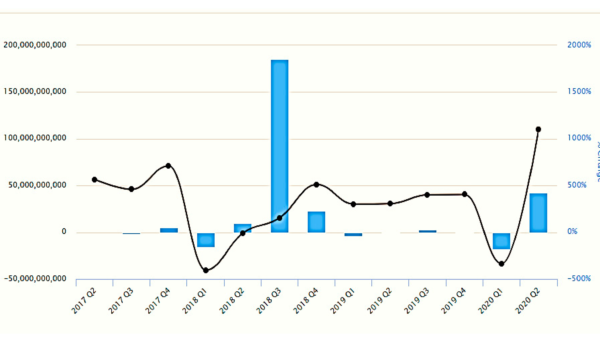California’s legislature has enacted a law imposing tougher limits on non-compete clauses. This measure aims to prevent unfair restrictions on employees after they leave a company. By enacting these limits, California bolsters its reputation as a champion for worker freedom. Enacted with bipartisan support, the law reflects a growing consensus on the need for balance between business interests and individual career mobility. The enacted provisions promise to reshape the landscape of employment contracts, signaling a significant shift in worker-employer dynamics.
California has taken significant steps to restrict and prohibit non compete agreements, making them not only void but also unlawful in the state. Noncompete agreements are contractual clauses used by employers to restrict former employees from competing with their businesses and sharing proprietary information or trade secrets with others, during or after employment. These agreements often specify the duration of the noncompete period, during which employees are barred from working for a competitor after their employment ends.
Governor Gavin Newsom signed Assembly Bill 1076 into law, which makes noncompete agreements unlawful in California. The new law is set to take effect on January 1, 2024. Employers are advised to review their existing agreements to ensure compliance with the new legislation.
A related law, Senate Bill 699, signed in September, bans noncompete agreements signed in other states and ensures that employees cannot be restricted from seeking jobs in California, even if they signed such agreements while living in another state or working for an out-of-state employer. The state also requires employers to provide written notices to current and former employees regarding the voiding of noncompete clauses they may have signed.
The move aims to protect labor market mobility and worker compensation, particularly for lower-wage workers. Non Compete provisions, despite being prohibited in California, were still frequently included in employee contracts, including those for lower-wage workers, deterring them from pursuing new job opportunities.
These new laws are part of a broader effort to protect worker rights and encourage competition in California’s labor market, particularly in response to the adverse impact noncompete agreements can have, even in lower-paying, less technical jobs. The laws reflect a shift in how California addresses these restrictive employment clauses.
































